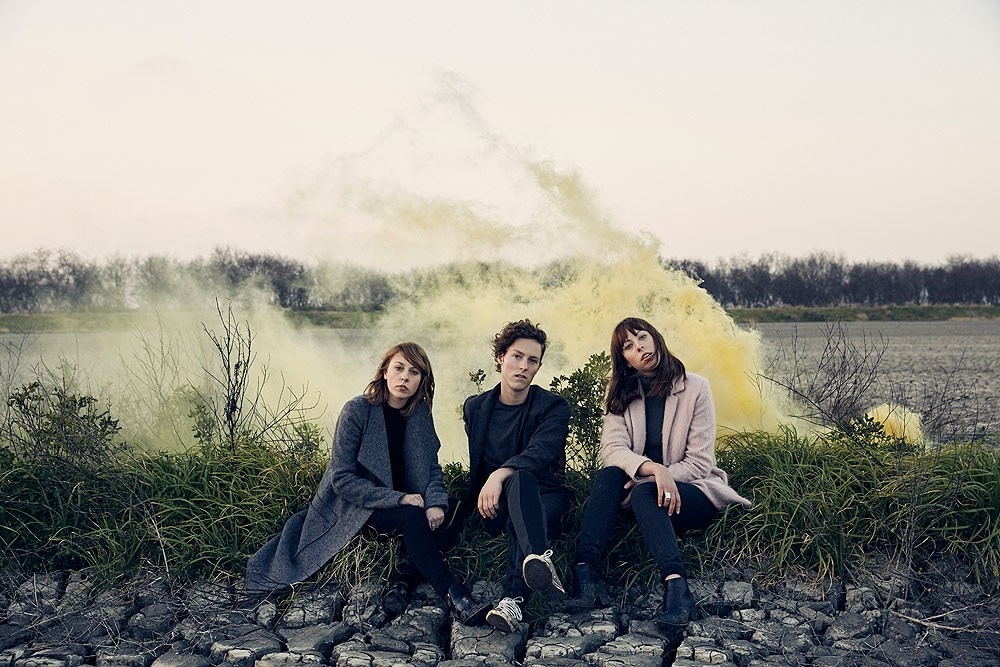|
The Hadleys combine strong songwriting with compositions that are backlit by lush interludes. Their song “Nevermind” features the lockstep trill of electronic rim shot paired with the sifting chords of a synthesizer as The Hadleys harmonies ache with the weight of catharsis. As “Nevermind” lilts to its end, you’ll be reminded of how there is tenderness in the midst of calamity. Gabrielle Hadley joined me for a brief chat about songwriting, perspective, and community.
You can pick up a copy of Heart Peaks here. SC: This is really beautiful composition. I love how it’s structured where the verses are repeated and choruses build on the narrative. Can you tell me about the inspiration behind that choice? GH: Thank you so much! We took more of a story-telling approach to the writing for this song. It's structure happened very naturally. We love that your perspective on the song varies slightly from our own. We look at what you're calling the verses as the chorus and what you're calling the chorus the verses. I think that's awesome though. I think as artists our goal is to always create something that can have as many interpretations as it does listeners. SC: How do you view repetition working in the song? GH: Repetition can be very emotionally powerful if it's executed well. We are still learning and growing as songwriters but we definitely believe in repetition having a lot of potential when it comes to emoting in a song. SC: What was your writing process like for "Nevermind"? GH: Nevermind started as a basic piano ballad and after a lot of time collaborating in the studio it started to morph into a synth string, spacey drum, kind of ethereal song. Which allowed for it to carry a lot more passion in the composition and instrumentation and not solely in the lyrics. We like to always give our songs a lot of space to become their best when we go into the studio and that really worked out well for us on this track. SC: What is your writing process like? Do you keep a schedule, or wait to be inspired? GH: We all write. So, often we will individually begin creating the "bones" of a song and then we always collaborate to really complete the picture. Sometimes we begin and end writing together. We try not to limit how we might go about writing. For the second part of the question: Both. Having busy life forces us to sometimes have to schedule songwriting time. I think learning how to enter an open-mode on demand is a very tricky thing to get the hang of. We are definitely still growing in that area. Otherwise, when we have the freedom and lack of schedule songs can come very quickly and very naturally. So, "both" is an honest answer for us. SC: How does your community of songwriters influence your work? GH: So much. We didn't have to go to college for music or songwriting or take any sort of normal education to do what we do. Instead we got to learn from all these incredible musicians and songwriters and performers that were and are part of our everyday life. We learned early-on that networking and surrounding ourselves with people of such high caliber in the music industry would give us a whole lot more inspiration and application that maybe a class room could. You can hear a little bit of everyone we've learned from in our music. We hope to do them justice every time we stand behind an instrument or microphone.
0 Comments
Leave a Reply. |
The Sound Connector is an online magazine for songwriters. We feature songwriting challenges, monthly interviews, and the opportunity to discover new songwriters. We are interested in all things related to the craft of songwriting. Do you want to be featured on The Sound Connector? Send us your songs!
Categories |

 RSS Feed
RSS Feed